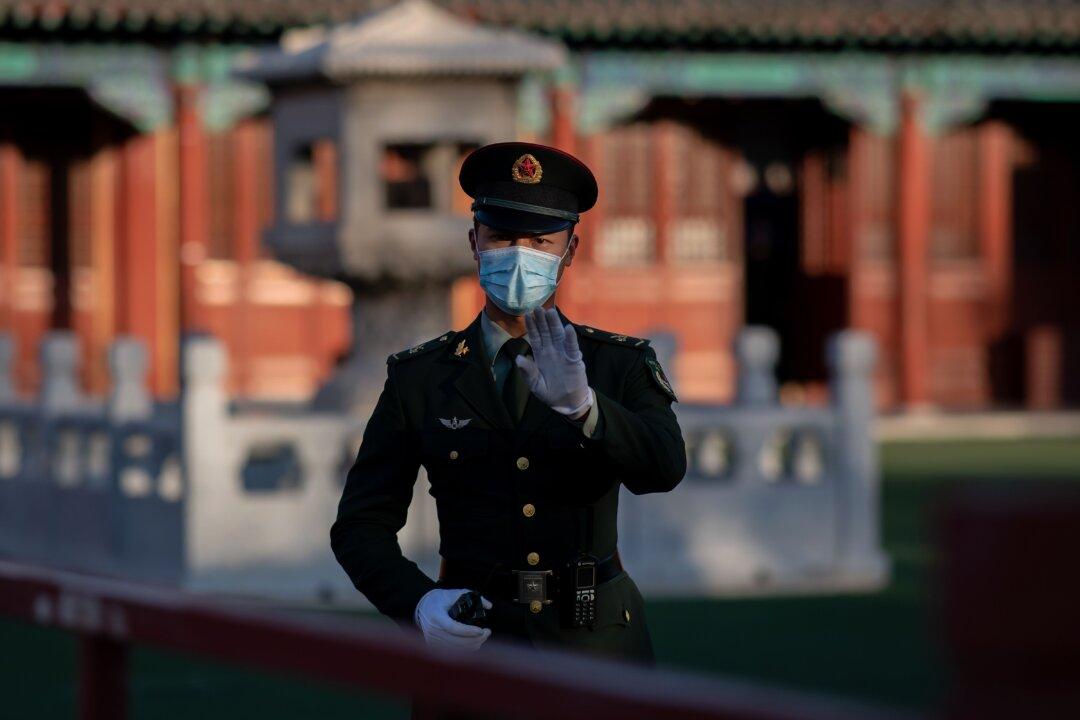Experts, through a primarily technological lens, discussed the national security threats posed by China and Russia during a panel discussion Friday afternoon at the Conservative Political Action Conference (CPAC)—the largest annual conservative conference.
KT McFarland from the American Conservative Union Board and the moderator of the panel “Big Tech Is for Sale and China and Russia Are Buying” opened up the talks by noting that the topic of discussion wouldn’t have even been seen as an issue just 5 or 10 years ago, as it wasn’t widely recognized.





